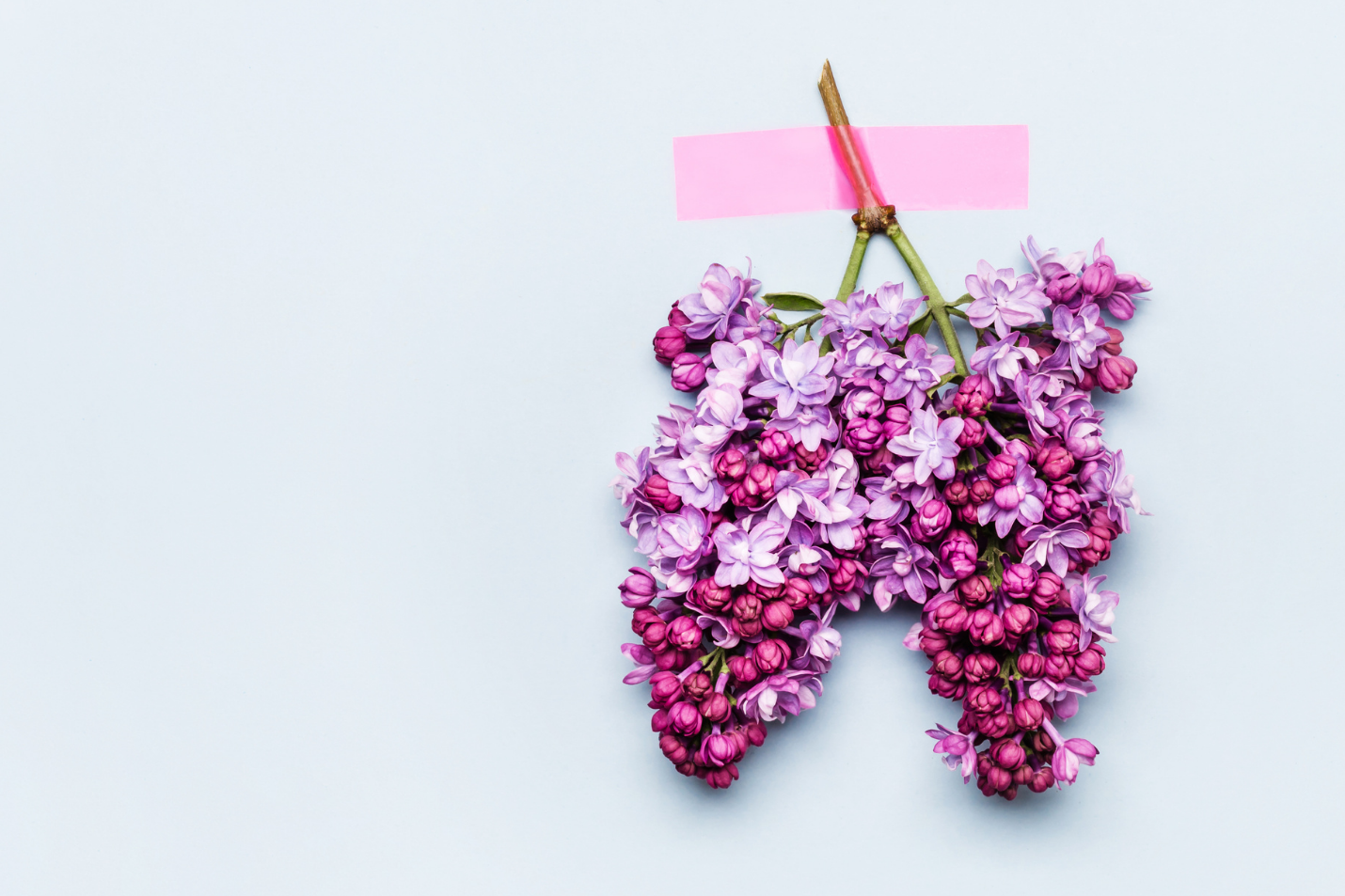Respiratory Care Week: Oct 24th-30th – 2021
#RCWEEK21
We are alive because we breathe – we breathe because we have a healthy respiratory system – that’s what Respiratory Care Week is all about!
The week aims to highlight and spread information about breathing well and ultimately enjoying a great quality of life. A healthy lung contributes significantly to our life quality – so much so that the entire month of October is marked as “Healthy Lung Month.” Besides, the celebration’s objective is to appreciate the extraordinary work put in day in and day out by Respiratory Therapists across the globe.
It also comes down to spreading awareness on our roles to protect our lungs against usual neglect like smoking, air pollution, and use of sanitizers and disinfectants. Latter is something not all of us think much about, or do we?
COVID-19 and other infections or respiratory diseases come with the challenge of an enhanced disinfection solution. The much-hyped use of alcohol-based hand sanitizers neglected the harmful effects it could have, especially around children. Its consumption can impact our lungs and other vital organs, impacting our breathing, and could be poisonous. Alcohol poisoning may range from sleepiness, low blood sugar to loss of balance, seizures, coma, to death. Few studies have proven (to some extent), that there is a high likelihood of inhalation of alcohol in such sanitizers through lungs or absorption through skin.
While alcohol-based sanitizers are recommended for use, not all of them are safe for usage as some contain potentially toxic forms of alcohol. Some also have labels with misleading and false claims. FDA has already included around 150 of such sanitizers in its “Do-Not-Use” list. Many types of alcohol, specially methanol and 1-propanol, can be unsafe for humans.
Use of such sanitizers or for that matter any other chemical alcohol-based sanitizer can result in unintentional exposure to body parts. Many such instances, especially in children, have been reported to the National Poison Data System since last year.
Hand sanitizer is classified as an over-the-counter (OTC) drug that can be bought without any prescription. Hence, the responsibility of making a wise choice considering our usage is on us.
Hypochlorous Acid (HOCl)
– A Safe, Non-Toxic, Non-Irritating and Highly Effective Disinfectant
HOCl is a long-established antiseptic and cleaning agent. Faster than bleach (sodium hypochlorite NaOCl) or hydrogen peroxide (H2O2), HOCl effectively kills the pathogenic bacteria and viruses. It is one of the recommended disinfectants against COVID-19 by the US Environmental Protection Agency (US EPA). HOCl or electrolyzed water is even more effective than many of the disinfectants widely used, and its properties of being safe, nontoxic, and chemical-free adds icing to the cake.
It finds its use in a variety of industries and clinical facilities like hospitals, medical offices, salons, hospitality, public and professional spaces, grocery stores, public and private transport, and many other places. It is widely used by dental experts for oral-maxillofacial surgery (OMS). Dentists won’t use any harmful product for oral use, as it is obvious to ingest some part of it during the treatment/surgery.
Most of us sanitize our hands with a hand sanitizer before cooking or consumption of food. No matter in however minute amounts, we intake some of it with our meals!! HOCl is one such disinfectant solution that has been approved by the Food & Drug Administration for sanitizing food items like vegetables and fruits. Thus implying the product to be safe for use as a hand sanitizer.
Besides sanitizing our hands, we also aim to periodically get our homes/shops/workplaces fumigated with an effective disinfectant. With a potential to eliminate the deadly microorganisms surrounding us, the spray of some chemical disinfectants may not be ideal for people with underlying pulmonary conditions.
A “Ten Day Exposure to HOCl” experiment helped further answer our doubts and welcome this change to a safe solution with open arms. The experiment was primarily performed to evaluate the impact of its usage on lungs and blood metabolism. As part of the test, mice were exposed to a fog (excessive quantity) of HOCl over a period of 10 days (in sets of 5 days with a break of 2 days in between). The test aimed to analyze the subsequent effect on lung histopathology and blood metabolic panel. As a positive report, there was no change in the blood metabolic panel and very little (possibly reversible) on lung histopathology.
What makes HOCl so harmless?
HOCl is an endogenous product produced naturally as a defense mechanism by the white blood cells (WBCs) in all mammals. What harm can be a substance which is already inside us? Even when artificially produced outside the body, it is nothing but electricity passed through salt and water, hence electrolyzed water. Free from any added chemicals or toxicants, the product is fit for use from all angles.
This respiratory care week, take care of your lungs and yourself, and switch to organic products.
Avani Raj Aroraa

5 thoughts on “Respiratory Care Week: Oct 24th-30th – 2021”
Thanks for sharing, this is a fantastic article. Really Great.
🙂 👍
Really enjoyed this blog post.Really thank you! Really Great.
THanks a lot:)